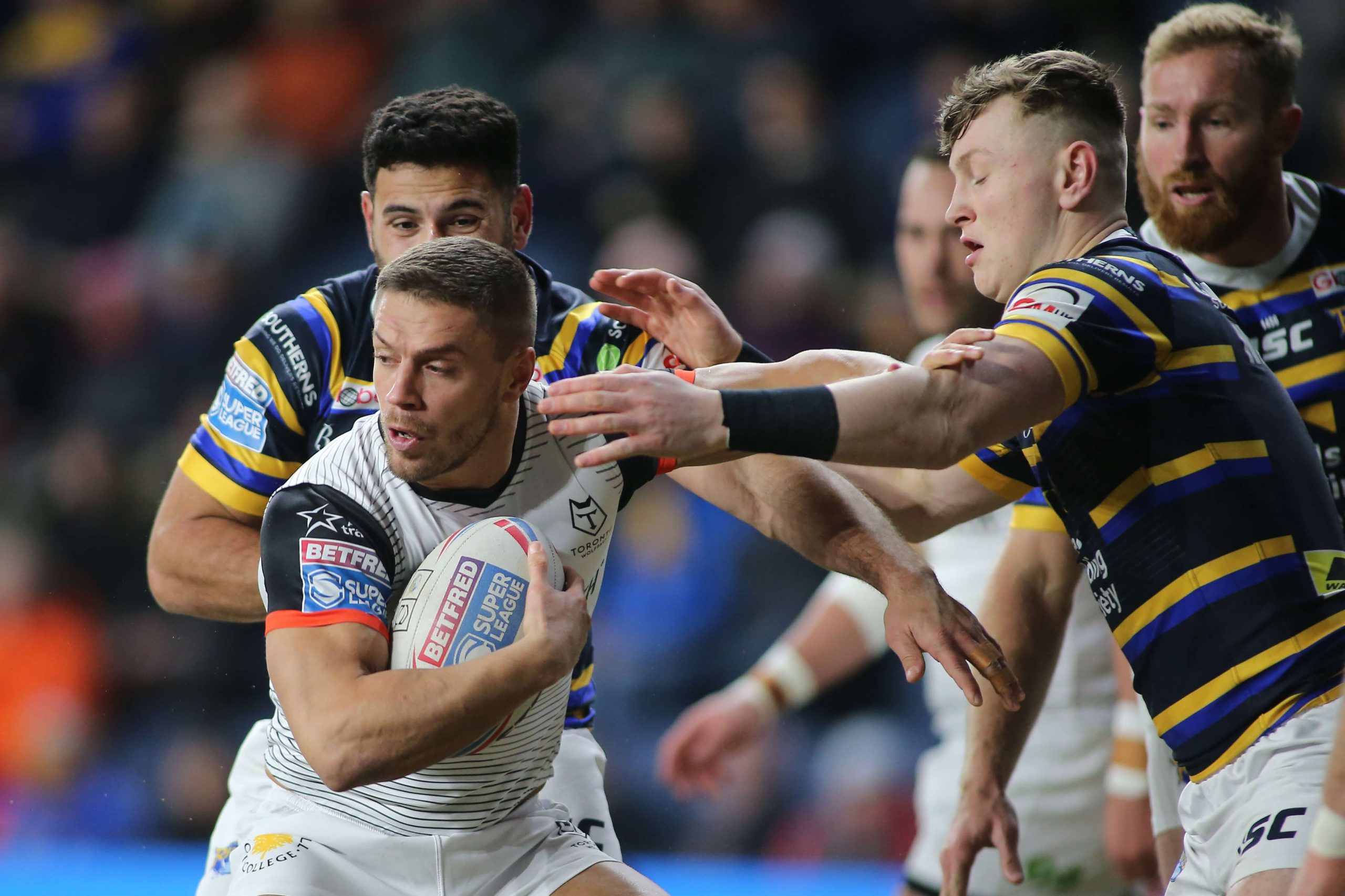OTTAWA — Chrystia Freeland shattered a glass ceiling Tuesday, becoming the first woman to be sworn in as Canada’s finance minister.
The gravitas of the moment was not lost on the former journalist and mother of three. After she spoke the English words of her oath of office, she paused to take a deep breath, before repeating the oath in French.
“It’s about time,” Freeland said later at a press conference on Parliament Hill.
She said a feminist agenda has been a key part of the Liberal government, and she is glad to be able to bring her experiences as a woman and a mother to the COVID-19 economic recovery she will now lead.
Lori Turnbull, a politics professor and director of the school of public administration at Dalhousie University in Halifax, said for Prime Minister Justin Trudeau to put Freeland in the role is the most substantive move he has made yet to back up his self-proclaimed feminist agenda.
But, Turnbull said, Freeland is not there as a token woman.
“There are very few people on the political scene in Canada who have proven themselves like she has,” said Turnbull. “She is a fantastic choice for finance minister. He knows that.”
Freeland, 52, has spent the last five years earning a solid reputation both inside and outside of cabinet, first in international trade, then foreign affairs before she was promoted to deputy prime minister and intergovernmental affairs after the 2019 election.
She was credited with leading the successful, though at many times testy and fraught renegotiation of the North American Free Trade Agreement, holding so firm against the often unpredictable whims of U.S. President Donald Trump, she managed to get under his very thin skin.
“We don’t like their representative very much,” he said of her in September 2018.
Just two weeks earlier, Freeland poked the Trump bear directly, arriving in Washington, D.C., for last-ditch trade talks wearing a T-shirt her kids had given her for Christmas the year before. Splashed across the front of the shirt, in bold black letters, it said “Mama (does not equal) chopped liver.” On the back it said “Keep Calm and Negotiate NAFTA.”
When Trudeau named her deputy prime minister in 2019, he also gave her a mandate letter that had her take the reins on some of his government’s biggest, but also most politically tricky, policies: negotiating new health-care agreements with the provinces, climate change and the carbon tax, an assault rifle ban and reconciliation with Indigenous Peoples.
While no longer foreign affairs minister, she also retained responsibility for the Canada-U.S. relationship, and as intergovernmental affairs minister, she was dispatched to soothe over the Trudeau government’s open sores with mostly conservative provincial premiers.
And while she represents a wealthy, central Toronto riding, she was born and raised in northern Alberta. Those roots mean she has been tasked with bringing some Alberta perspective to the cabinet table. The Liberals didn’t elect a single MP in that province and the western anger centred in Alberta over the Trudeau government’s energy policies runs loud and deep.
“She’s a Swiss-army knife of cabinet ministers,” joked Greg MacEachern, a former Liberal ministerial staffer and now a senior vice-president at government-relations firm Proof Strategies.
He said to see how effective Freeland is, one need look no further than how much the Ottawa-Ontario relationship has changed with her lead.
“Not that long ago, Premier Ford and the Liberal prime minister were using each other as battering rams,” said MacEachern.
On Tuesday, Ontario Premier Doug Ford was one of Freeland’s biggest fans.
“There’s no one that would be better in that role than Chrystia Freeland,” Ford said.
While Ford’s federal counterparts were dismissing Freeland’s appointment as part of the same old Liberal story, Ford offered both the federal government and Freeland his full support.
“I just want to wish them all the best because they’re partners with us,” he said. “And I absolutely love Chrystia Freeland. She’s amazing. I’ll help her. I sent her a message, congratulations. I’m there. I’ll have her back. I’ll help her any way we can.”
She was also welcomed by some of the Liberals’ biggest critics in the business world. Dan Kelly, president of the Canadian Federation of Independent Business, has been highly critical of the pandemic response for small businesses.
“What I like best about (Freeland) in Finance is her proven ability to work with people, even when there are areas of disagreement,” Kelly said on Twitter. “This has been missing in the department for several years.”
MacEachern said Freeland also has something else outgoing Finance Minister Bill Morneau did not: good and close relationships with many backbench Liberals.
While Morneau went into cabinet immediately upon his election to Parliament in 2015, Freeland had spent time before that as one of just three dozen Liberal MPs when the party sat in third place in Parliament.
Freeland, who worked as a journalist in Canada, the United States, Ukraine and the United Kingdom, was persuaded by Trudeau to enter politics in 2013 to run in a byelection in Toronto Centre. She won, and in 2015, after ridings were rejigged, she ran and won a second time in the neighbouring riding of University-Rosedale.
Trudeau said Tuesday that she had been “a key player in my government from day one.”
This report by The Canadian Press was first published Aug. 18, 2020.
Mia Rabson, The Canadian Press













